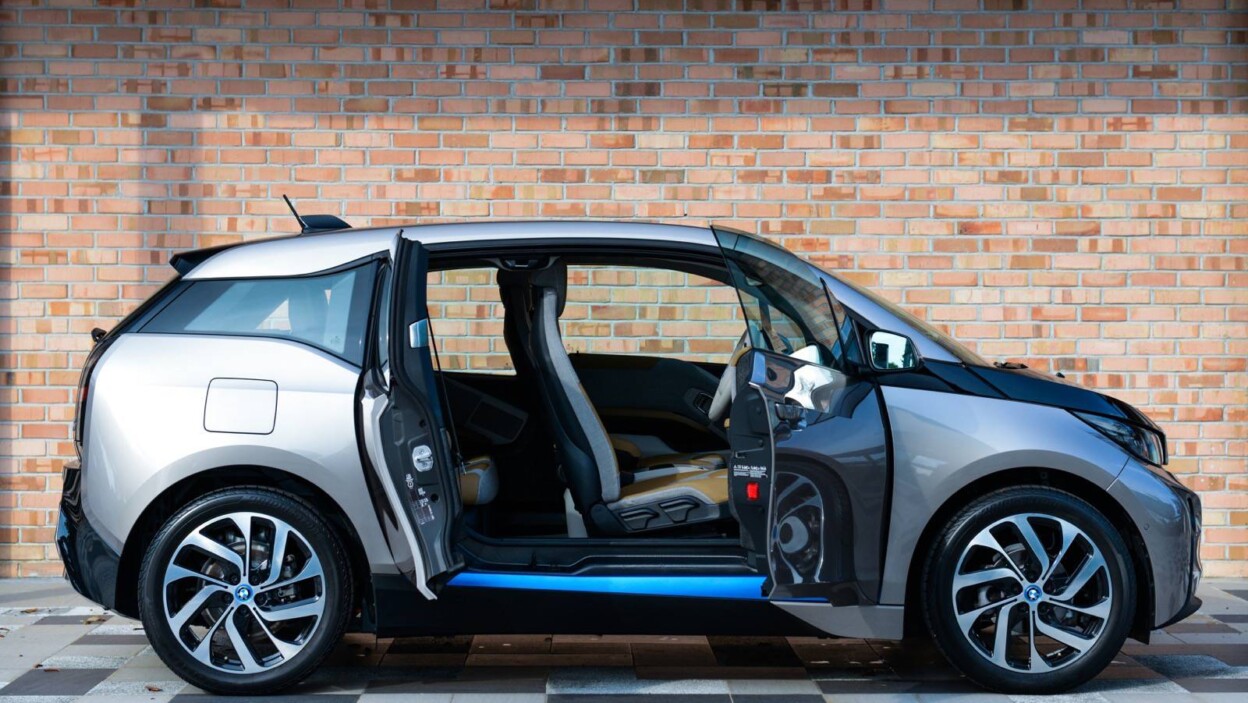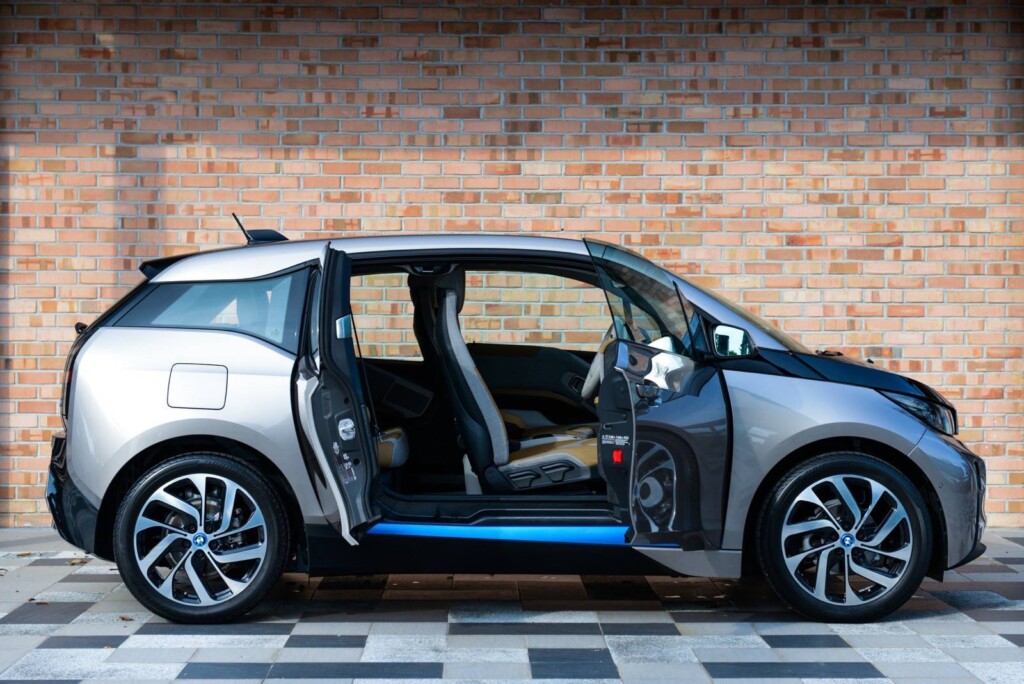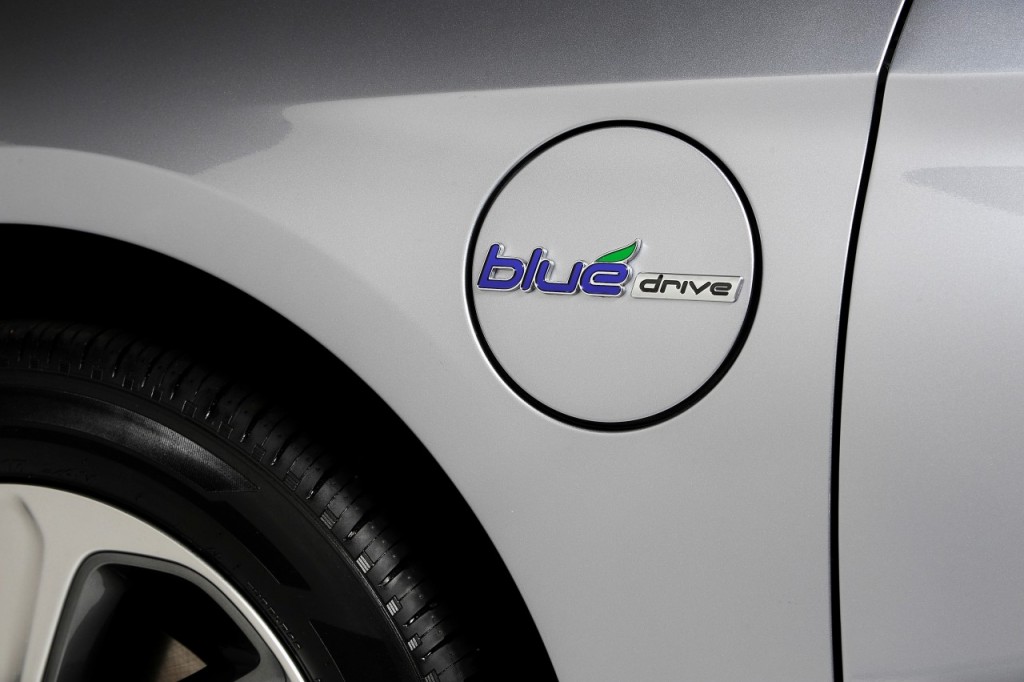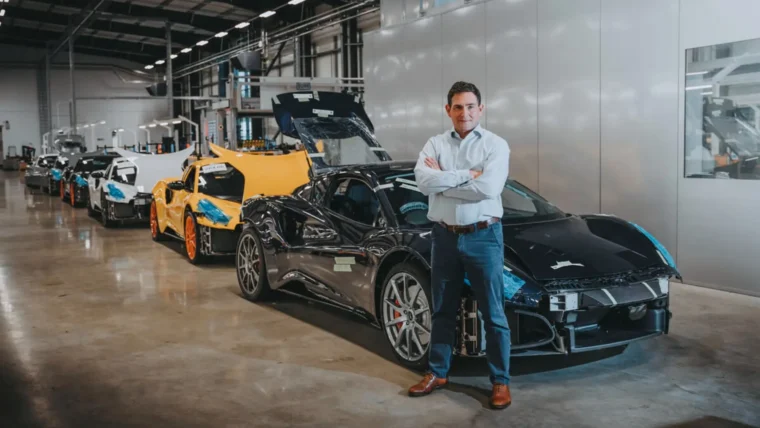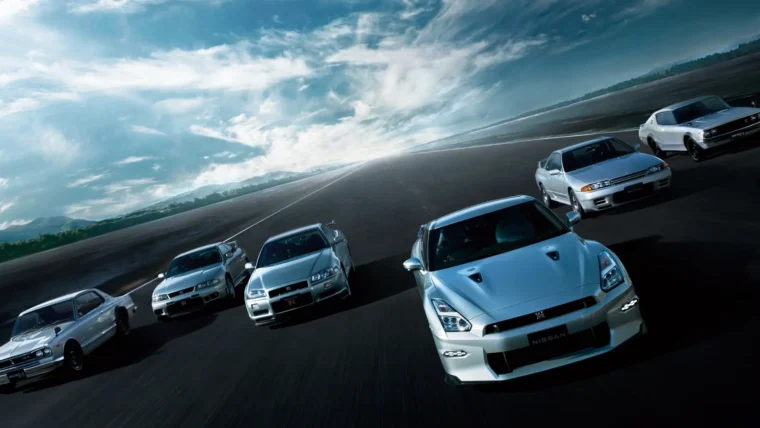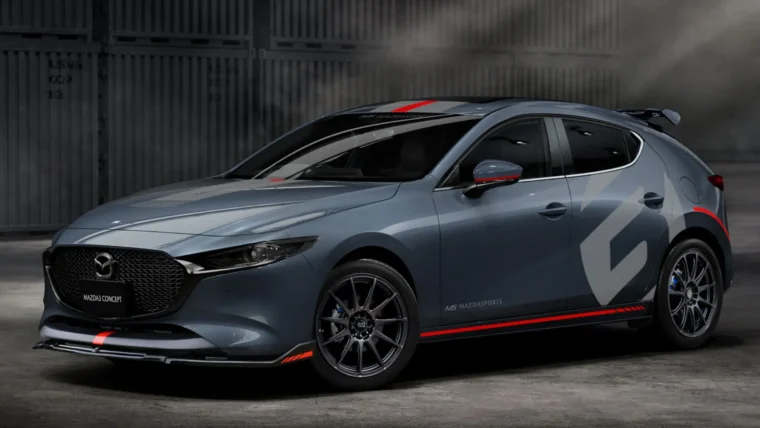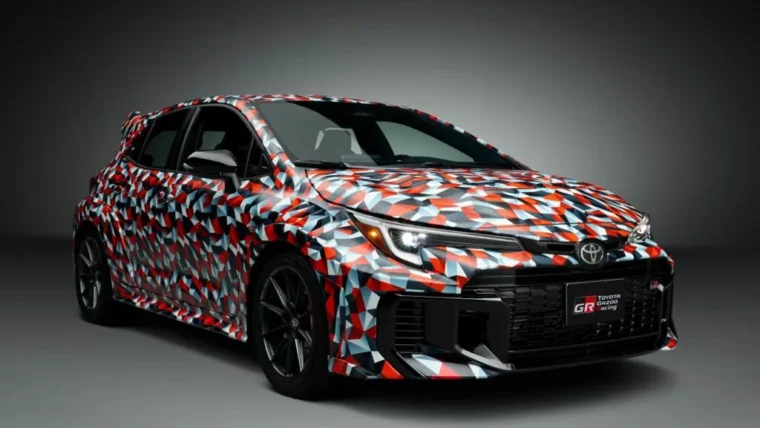By 2050, you will no longer be able to see petrol- or diesel-powered vehicles running around the streets in several European and U.S countries.
Germany, the United Kingdom, the Netherlands, Norway, and Quebec are members of the zero-emission vehicle (ZEV) alliance, which used the United Nations Conference on Climate Change (COP21) to announce a ban on conventionally powered vehicles by 2050.
However, it’s not clear whether the ZEV alliance, which was established only last August, has the legal authority to impose such a mandate—particularly one with such a draconian impact on the automobile market.
Several U.S. states have also gotten in on the action including California, Connecticut, Maryland, Massachusetts, New York, Oregon, and Vermont.
The aim of the proposal is to cut global vehicle emissions by up to 40% and help to put a stop to climate change.
While 35 years might seems like a long way to go, a number of automakers are already bracing for a greener future. Toyota is the most notable example as the company recently announced plans to virtually eliminate conventionally powered vehicles from its lineup as part of the Environmental Challenge 2050 plan. Under the initiative, the company will focus on the development of hybrid, plug-in hybrid, electric, and fuel-cell vehicles.
Source: Car and Driver
Other posts by AF Newsdesk

